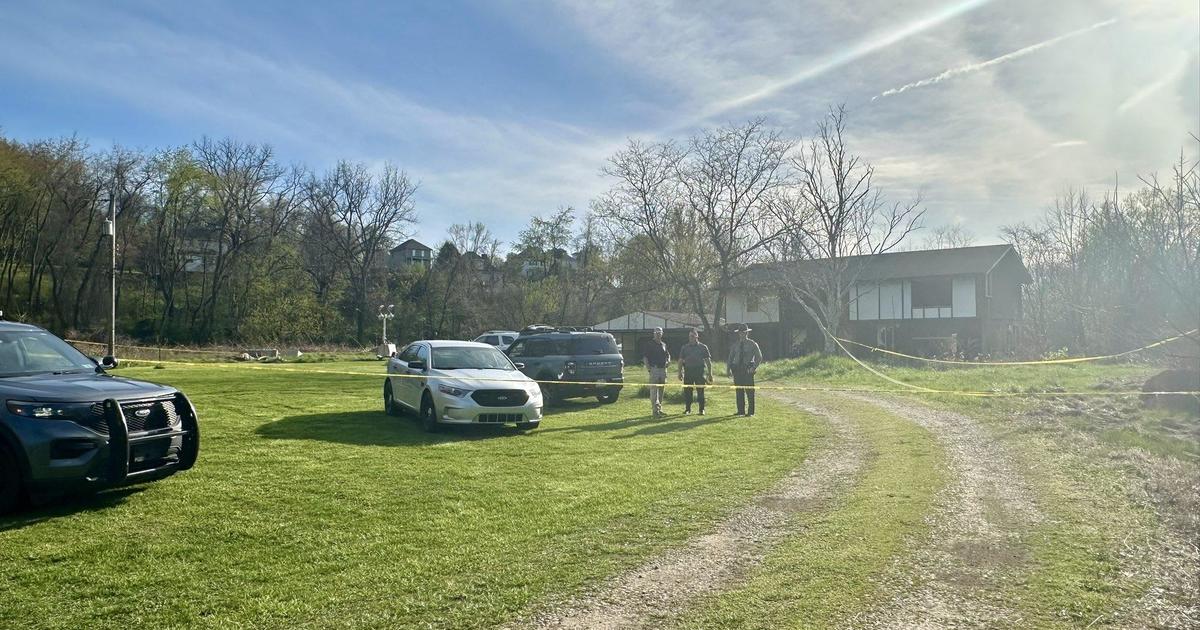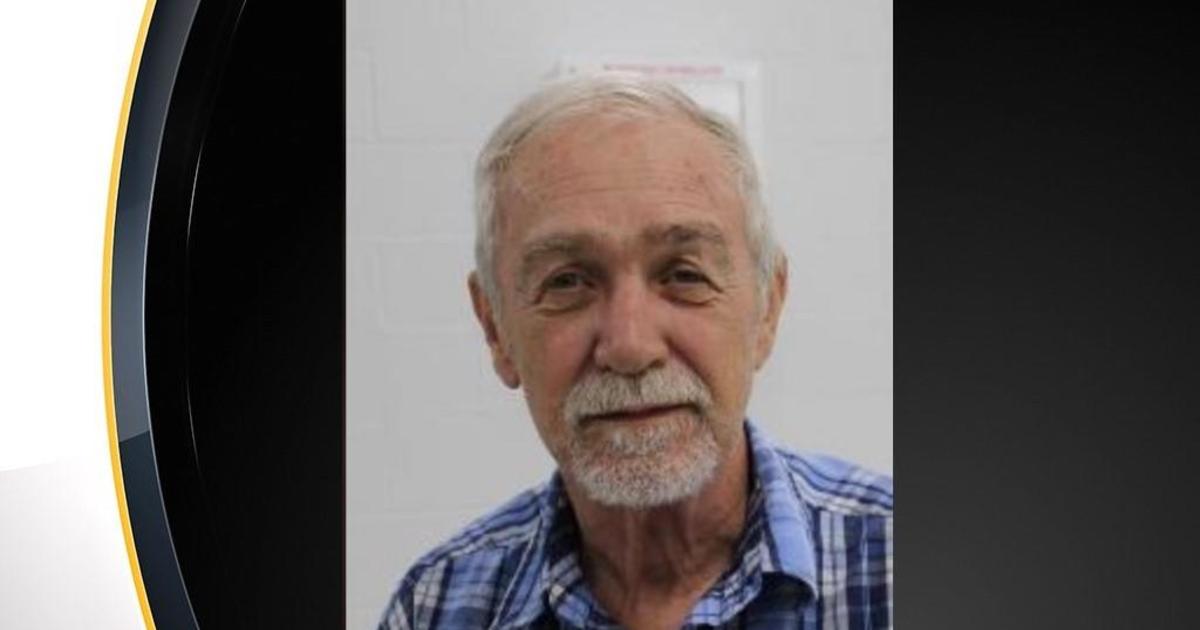Concerns Continue In Washington County Over Number Of Pediatric Cancer Cases
PITTSBURGH (KDKA) - Concerns continue over what some consider a disproportionate number of cancer cases in parts of our region.
In April, the Pennsylvania State Department of Health found "no conclusive" findings of a cancer cluster in Washington County, but a community meeting on Tuesday night proved many people are still very worried.
"If it's so rare, why is there so many?" said resident Kathleen Meier.
"It's pretty prominent in this area and it's pretty scary for a lot of people."
Meier lost her nephew, 19-year-old Luke Blanock to Ewing Sarcoma, a rare type of cancerous tumor.
Blanock battled the disease for three years. His family, along with many others, are trying to figure out why and how so many young people in one area have been diagnosed.
"Washington County has had six cases of Ewing Sarcoma over the last 10 years and 33 cases of other deadly pediatric cancers as well," said pediatrician, Dr. Ned Ketyer.
An average of about 250 cases of Ewing Sarcoma are diagnosed each year nationwide. Health officials say locally, close to 30 cases have been reported in the past 10 years.
During a community meeting Tuesday, some doctors and environmentalists pointed towards air pollution, shale gas development and hydraulic fracking as possible causes.
"I think what we see is some disturbing trends and disturbing incidents of emission rates and we're starting to see some disease in-points that we would expect to see with those kind of emissions," said Raina Rippel, Director of the Southwest Pennsylvania Environmental Health Project.
Marcellus Shale Coalition's David Spigelmyer weighed in on some of the concerns.
"As an industry deeply committed to protecting the health, safety and environment of our communities, we support fact-based and objective scientific research. The body of scientific evidence is clear: natural gas is a winner for our environment that's delivering cleaner, healthier air and lifting up economies across Pennsylvania."
"We are disappointed that some choose to sensationalize tragedy and make inflammatory suggestions that run counter to the views of respected medical experts, top environmental and health regulators, and decades of scientific data and research. As an industry made up of tens of thousands of Pennsylvanians, protecting and enhancing the health and safety of our environment and communities where we're privileged to work is a top priority."
Dr. Ketyer says understanding the causes of these deadly cancers is a top priority. He's calling on Governor Tom Wolf to step in.
"To call for a thorough investigation, a transparent investigation into what could be causing these cancers, these very rare cancers in children."



